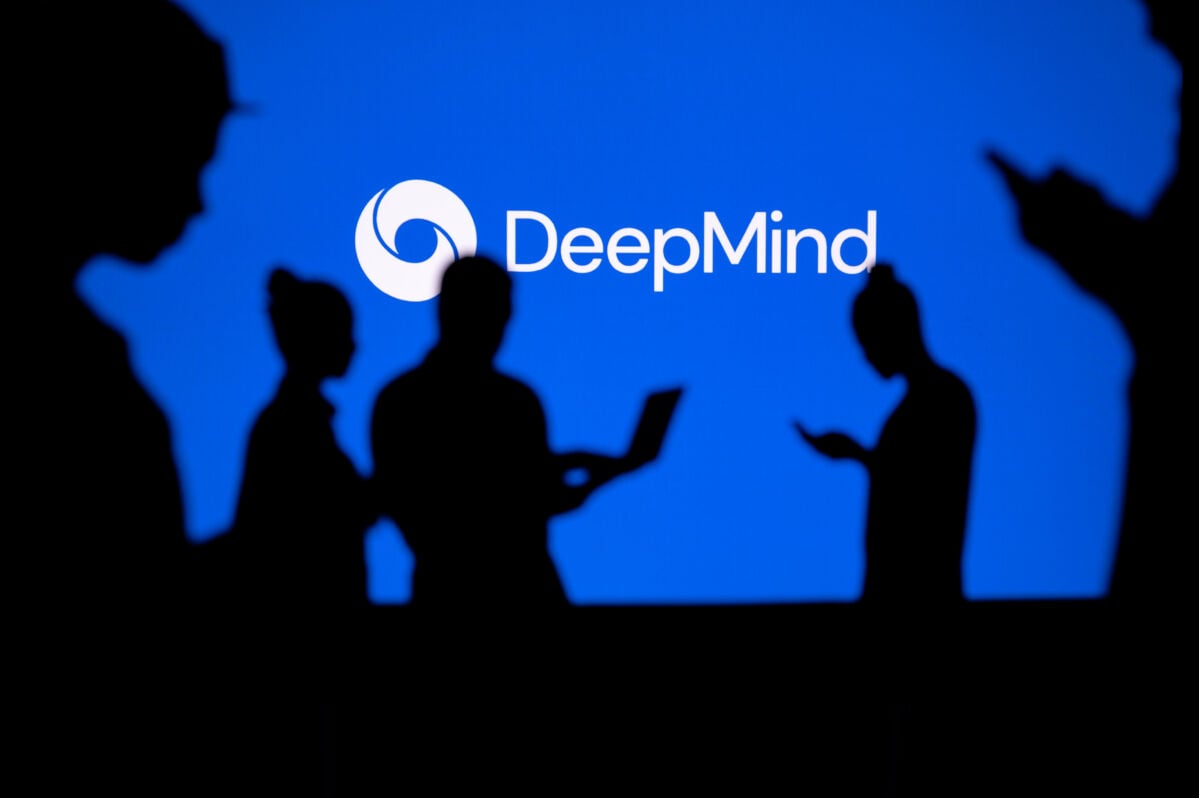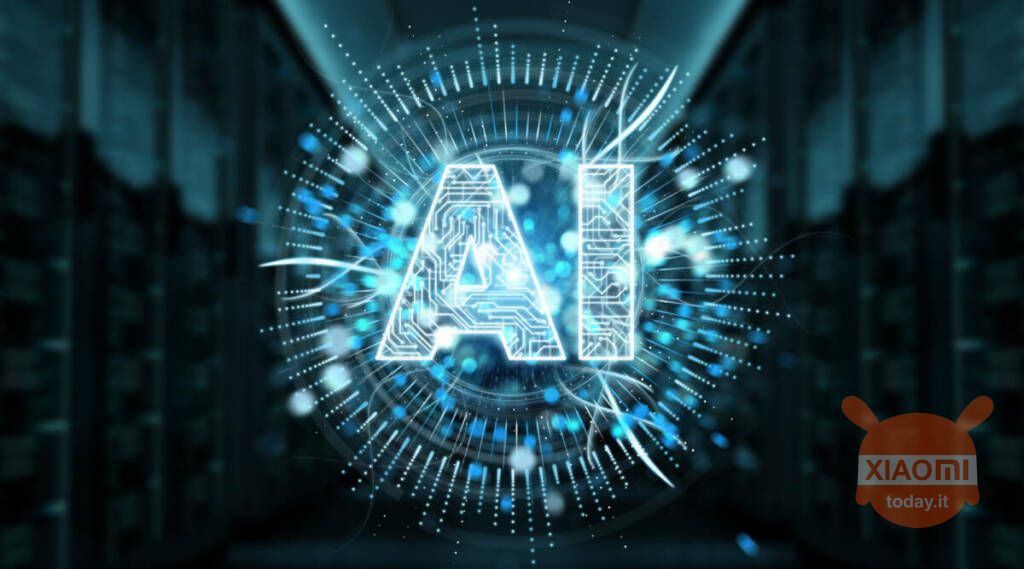
Intelligence artificial (AI) is at the center of a global debate, with its rapid evolution raising ethical, social and security questions. The growing autonomy and learning capacity of AI have led to profound reflections on how these technologies can coexist peacefully with humanity. Mustafa Suleiman, Co-founder of DeepMind has recently shared his ideas and solutions in an interview, offering valuable insights on how to navigate this uncharted territory.
Topics of this article:
Deep learning and artificial intelligence
Deep learning is a subcategory of machine learning, an artificial intelligence methodology. This technology allows machines to imitate the functioning of the human brain, learning and improving their skills independently. Deep learning and other related technologies are critical to the development of advanced AI systems, making artificial intelligence more effective and accessible. OpenAI is another key player in this field, working to develop AI technologies that are safe and beneficial to humanity.
What is the solution to AI risks
Mustafa Suleyman has put forward concrete proposals to mitigate the risks associated with the evolution of AI. His main concern is self-improvement recursive, a process through which AI models can improve their capabilities autonomously, without human intervention. This self-improvement ability could lead to scenarios where AI surpasses human capabilities in unpredictable and potentially dangerous ways.
Suleyman strongly supports the need for one rigorous and continuous supervision during AI development and implementation. This oversight should be focused on ethical principles and safety standards, with the aim of guiding evolution in a direction that is safe for humanity and in line with human values. Ethical oversight is especially important when it comes to artificial intelligence that interacts with humans or makes decisions that can impact people's lives.

Read also: Artificial intelligence is here to create jobs
Another key point of Suleyman's proposals is the importance of establish clear and irrefutable limits that AI cannot cross. These limits should be defined in technical and ethical terms, and should be integrated into AI architectures to prevent unwanted or dangerous behavior. Implementing these limitations requires a deep understanding of the potential and limitations of AI technologies, as well as a ethical commitment on the part of developers and researchers.
Suleyman also emphasizes the need to create an environment where AI safety is prioritized and demonstrable. This involves the development of verification and validation methodologies that can ensure that generative models operate in a safe and predictable manner. Demonstrable safety is essential to building public trust in AI technologies and ensuring that AI can be deployed responsibly in various sectors, from healthcare to mobility.
What is the role of users and companies
Suleyman places special emphasis on the decisive role that users have in the context of artificial intelligence. He stresses that it is vital that users are proactive in protecting their personal data. This data is in fact the fuel that powers the learning and evolution of AI, allowing them to develop and refine their capabilities.
Companies, especially those operating in the technology and IT fields, they collect and use user data to train their AI systems. This training process is key to improving the effectiveness and accuracy of AI in multiple applications, such as speech recognition, text analysis, medical diagnosis and many others.
However, it is imperative that the users are not only aware how their data is used, but also informed about their rights in relation to data protection. Awareness and understanding of their rights allow users to exercise greater control over their data, consciously deciding which information to share and which to keep private.
Regulation of artificial intelligence
Despite the present challenges, Suleyman sees a future where one Effective regulation of AI is possible. Topics such as privacy, facial recognition and content moderation must be addressed with care and precision. We are at an early stage, but the path towards regulation Assessment e understanding it has already begun, with the promise of a future where AI can thrive in harmony with human needs and rights.








